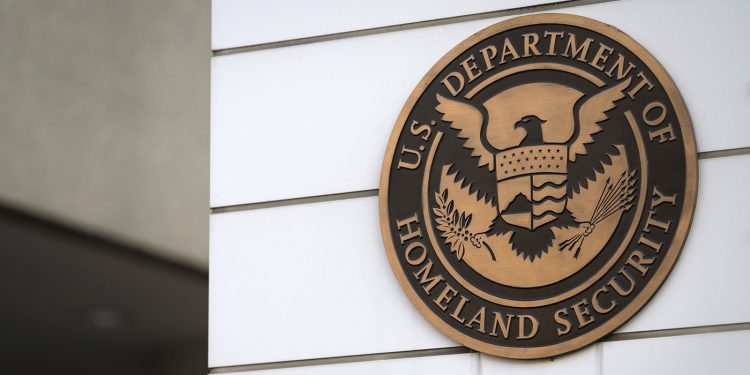Approximately 70 Indian citizens are initiating legal proceedings against the US government for refusing them H-1B visas, citing alleged misconduct by their own employers, as detailed in a report released by Bloomberg Law.
In a lawsuit submitted to a federal district court in Washington state, these individuals assert that they were unwittingly embroiled in the wrongdoing of their employers. They contend that, despite their lack of intention to engage in fraudulent activities, they faced unjust consequences due to their affiliations with these companies, all without being afforded the opportunity to voice their objections.
According to insights from Bloomberg Law, despite being presently employed by lawful enterprises, the Department of Homeland Security continues to turn down the applicants’ appeals for H-1B visas tailored to specialised occupations.
Representing the plaintiffs, Jonathan Wasden, an attorney at Wasden Law, commented that the agency presumed that anyone associated with these companies must have been involved in deceptive misrepresentations to the US government, aiming to secure a visa or immigration advantage.
The workers are urging the court to overturn the decision made by the Department of Homeland Security (DHS) and instruct the agency to reconsider its stance on their entry into the United States. This plea comes after they have been afforded the opportunity to address the allegations of fraud levelled against them, as disclosed by Bloomberg Law.
Furthermore, it is alleged that the government overstepped its authority by declaring the plaintiffs ineligible before obtaining a comprehensive body of evidence. This act is deemed to be in contravention of the Administrative Procedure Act.
Meanwhile, under an F-1 visa, international students have the option to engage in the Optional Practical Training (OPT) program, which permits them to work within the US for up to a year following their graduation. This period can extend to three years for those holding a STEM degree, as highlighted by the Bloomberg Law report.
In a bid to kick-start their professional journeys while seeking an H-1B visa or other more extended immigration statuses, numerous international students engage in this initiative.
After facing visa rejections, the plaintiffs were compelled to depart the nation and lodge visa applications at US consular establishments. This process necessitates them to present a petition for relief to the Department of Homeland Security (DHS), a procedure for which they lack an appropriate platform.
Wasden further commented, “DHS has to go through the process of actually giving the affected parties notice and the ability to respond.”
According to official court records, the individuals bringing forth this legal action were under the employment of four IT staffing enterprises: Andwill Technologies, AzTech Technologies LLC, Integra Technologies LLC, and WireClass Technologies LLC. These companies are purportedly implicated in a fraudulent scheme, wherein they purportedly forged employment letters and payroll documents to facilitate individuals’ continued residence in the United States.
The lawsuit initiated by the Indian claimants asserts that the Department of Homeland Security (DHS) made the assumption that all individuals associated with the aforementioned quartet of firms were complicit in the fraudulent activities.
Furthermore, certain plaintiffs contend that their visa applications were declined even after they had concluded their tenure of employment with the enterprises implicated in the alleged fraudulent activities.
Siddhartha Kalavala, a participant in the case, recounted that he transitioned to another company following a few months of service at Integra, one of the firms implicated in the fraud. Despite this change, Kalavala’s visa request was still rejected based on his previous association with the said company.
The legal action asserts that there exist several others akin to Kalavala who encountered denials for H-1B visas and were compelled to depart from the United States.
It is noteworthy that the Bloomberg report underscored that the Department of Homeland Security (DHS) has yet to provide a response to the litigation brought forth by the Indian nationals.











